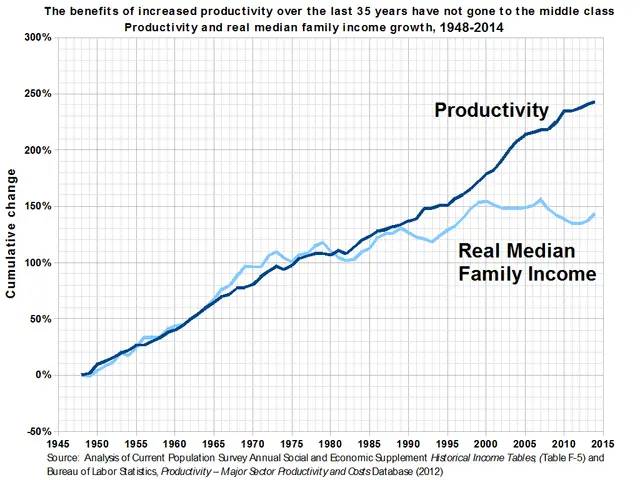Study: Moderate Urban Greenery Boosts Mental Health, But Too Much Can Harm
A new study has revealed the complex relationship between urban greenery and mental health. Researchers from four countries analysed 69 studies, finding that while moderate greenery boosts well-being, overly dense greenery can have the opposite effect.
The study, published in 2025, examined 'eye-level green' and 'top-down green' in urban spaces like parks and gardens. It found that greenery can reduce stress, improve mood, and enhance overall psychological well-being. However, the benefits are not infinite. Too much greenery can obstruct visibility, reduce natural light, and create a sense of confinement or insecurity, potentially harming mental health.
The research also highlighted differences between urban and rural populations. City residents may experience greater mental health risks due to lack of greenery, but excessive greenery can exacerbate these issues.
The study underscores the importance of balanced urban planning. Moderate greenery can significantly improve mental health in cities, but excessive greenery may have detrimental effects. Further research is needed to determine the optimal greenery levels for different urban environments.







